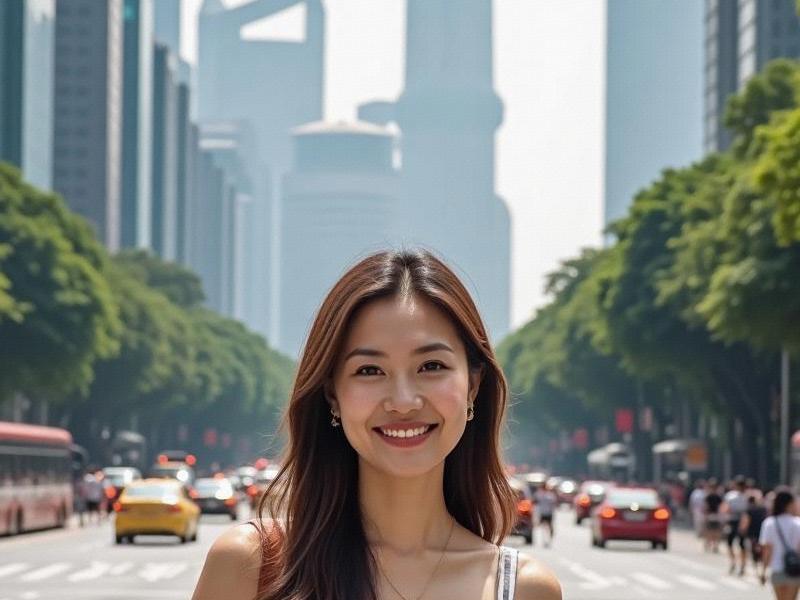This investigative report explores how Shanghai has emerged as Asia's new cultural powerhouse, examining its museum boom, creative district developments, and the fusion of Chinese tradition with global contemporary influences that are redefining the city's identity.

Along the Huangpu River where colonial architecture meets futuristic skyscrapers, Shanghai is writing a new chapter in its storied cultural history. The city that once symbolized China's economic miracle is now reinventing itself as the continent's premier cultural destination, with over 150 museums and a thriving creative economy contributing 8.3% to its GDP.
The West Bund Cultural Corridor exemplifies this transformation. Once a decaying industrial zone, the 9.4-kilometer stretch now houses some of Asia's most avant-garde institutions: the Long Museum, the Yuz Museum, and the recently opened Shanghai International Art Center. According to municipal data, cultural facilities in Shanghai welcomed 48 million visitors in 2024, surpassing New York and Paris.
爱上海最新论坛 "Shanghai is experiencing what Florence went through during the Renaissance," observes cultural critic Ming Zhao. "Except here, it's happening at ten times the speed and scale." The comparison seems apt when considering projects like the 500,000-square-meter Shanghai Grand Opera House set to open in 2026, or the digital recreation of classical Chinese paintings at the newly expanded Shanghai Museum.
This cultural boom extends beyond elite institutions. In the former French Concession, converted lane houses now host experimental theaters and designer boutiques. The M50 art district has become a hub for digital creators blending AI with traditional ink painting. Even Shanghai's famous wet markets are getting artistic makeovers, with the Xintiandi-style redevelopment of the Wukang Market drawing both praise and controversy.
爱上海419论坛
The economic impact is profound. Cultural tourism now accounts for 28% of Shanghai's visitor spending, with "museum-hopping" becoming as popular as shopping along Nanjing Road. International auction houses like Sotheby's have established Asia headquarters in Shanghai, while homegrown platforms like Artron are democratizing art collection through blockchain technology.
上海私人品茶 Yet challenges persist. Some critics argue the cultural explosion caters too much to global tastes at the expense of local traditions. The demolition of historic shikumen neighborhoods to make way for cultural complexes continues to spark debate. As Shanghai prepares to host the 2028 World Expo with the theme "Cultural Fusion in the Digital Age," the city must balance preservation with innovation.
"Shanghai has always been where China meets the world," says historian Li Wei. "Now it's becoming where ancient traditions meet future technologies through culture." With its unique position at the crossroads of East and West, Shanghai's cultural renaissance may ultimately redefine what it means to be a global city in the Asian century.